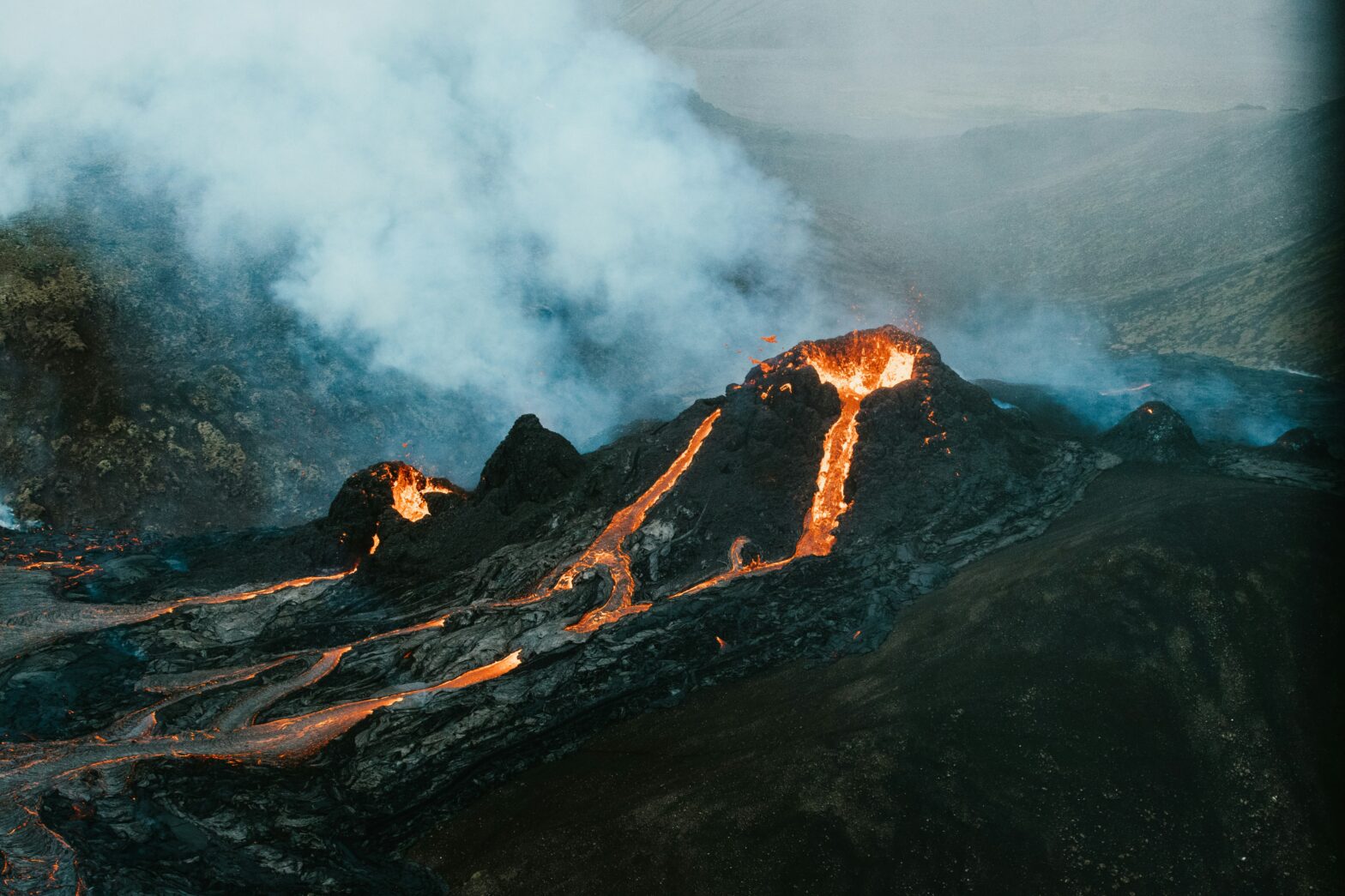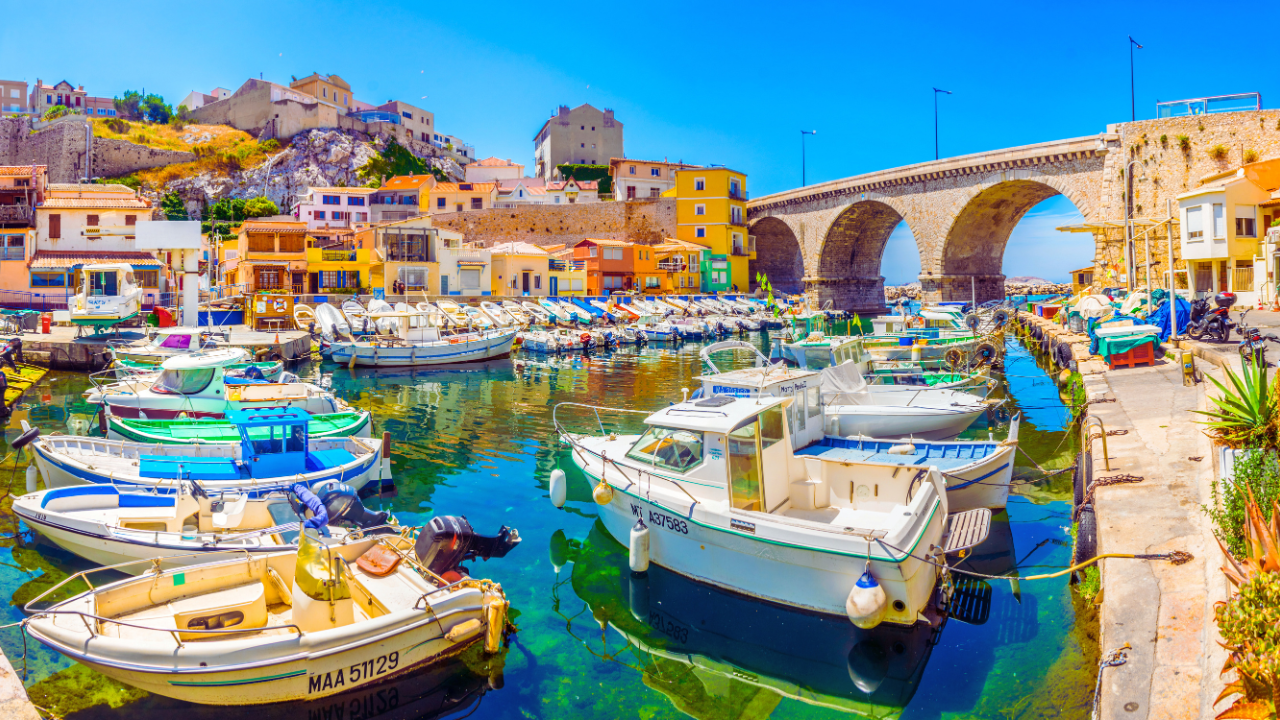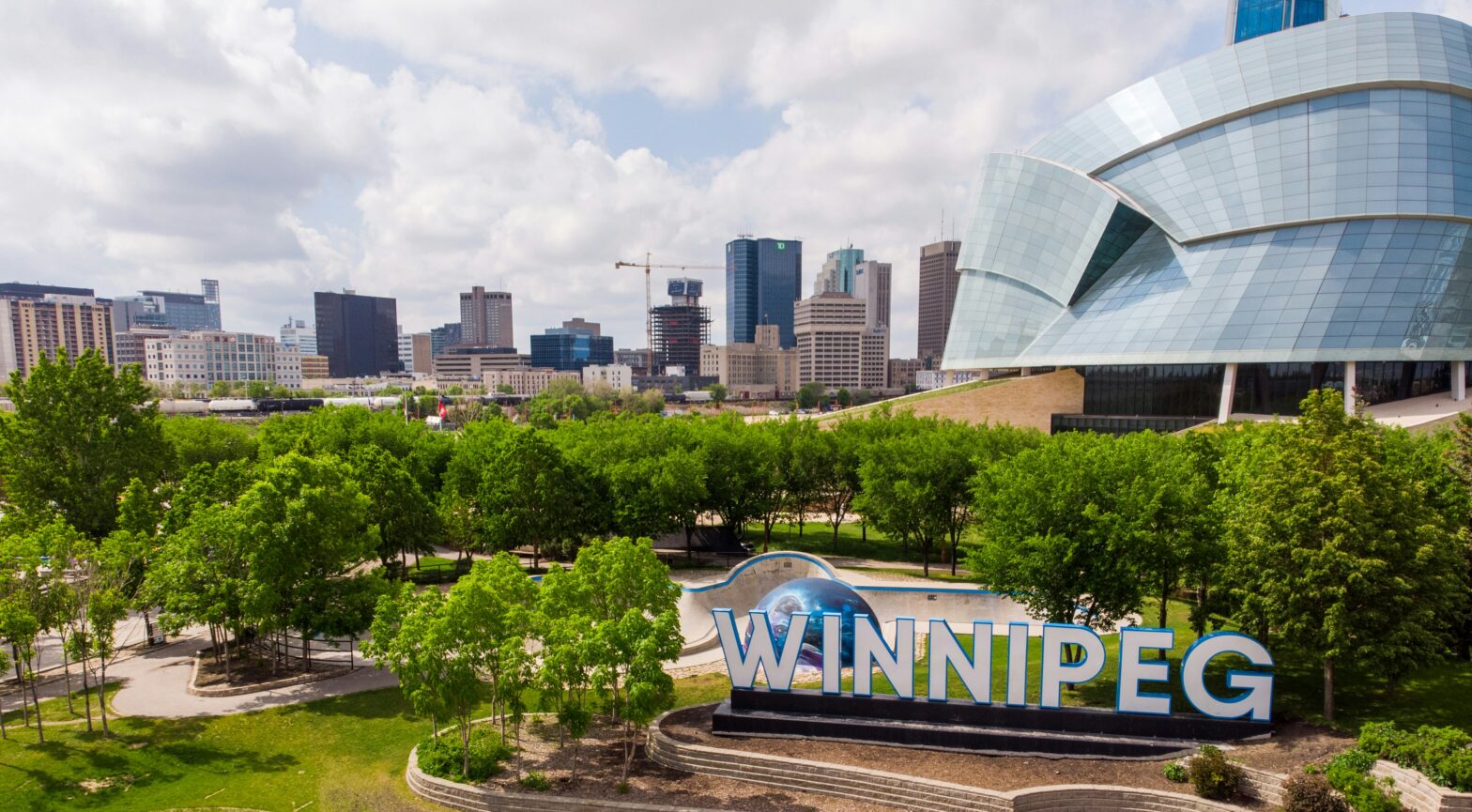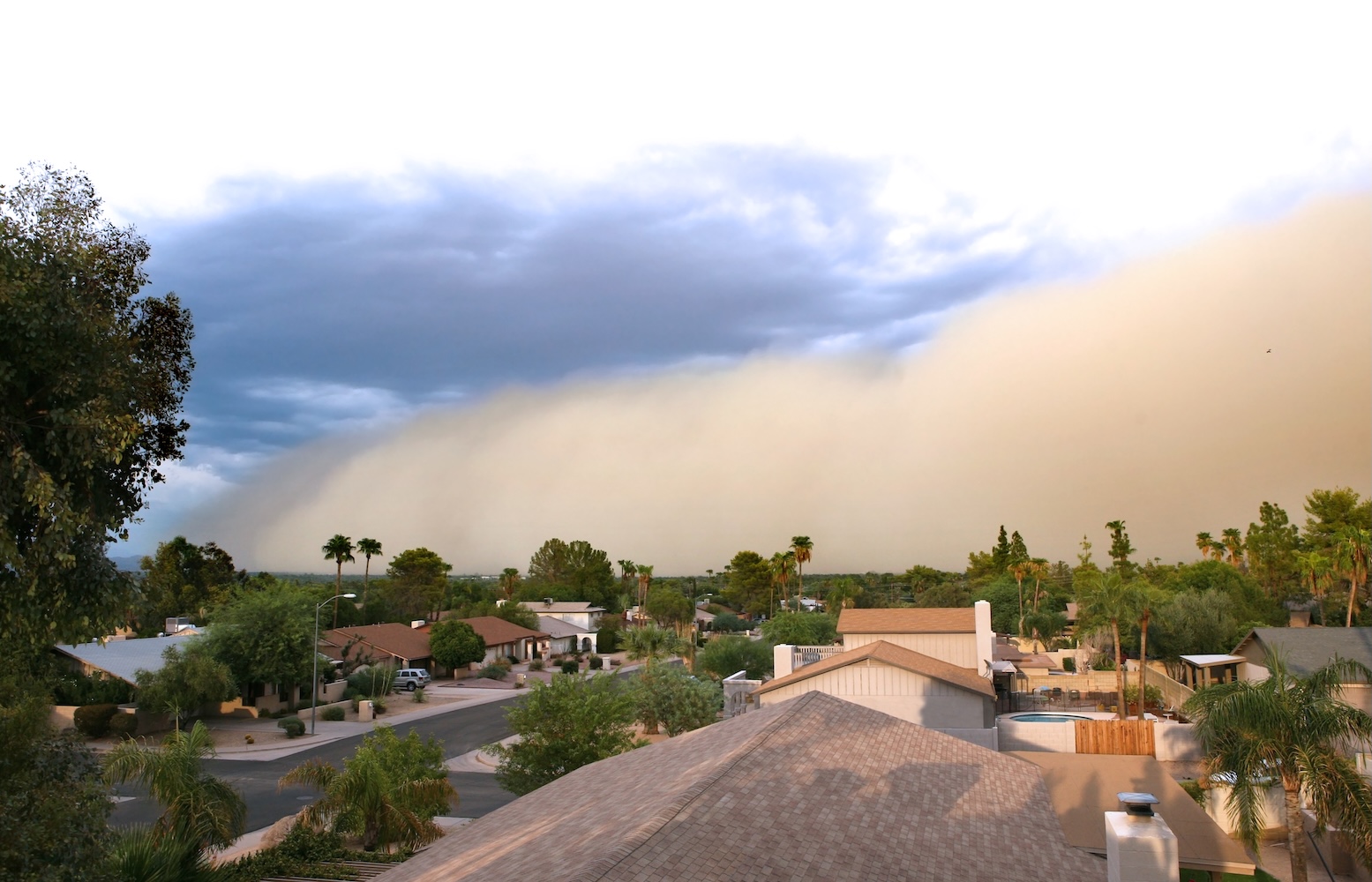A volcano near Grindavík, Iceland erupted on January 14th, causing alterations to the area. While the eruption exhibited initial strength, it has since subsided. However, its effects persist, necessitating increased caution for individuals planning to visit Iceland.
The eruption occurred on the Reykjanes Peninsula, splitting the ground open in two locations. Lava altered the landscape, leading to the evacuation of some residents for safety reasons. The lava set at least three homes in the fishing town of Grindavik on fire. On Sunday afternoon (Jan. 14), the Icelandic Met Office reported the emergence of a new fissure just north of the town, with lava flows entering the town.
As a precaution, authorities evacuated the 4,000 inhabitants of the affected area, approximately 10 miles southwest of Keflavik airport. Despite this, flights in the North Atlantic aviation hub operate normally without disruption. Amid these developments, questions concerning consumer rights in such situations become crucial.
In November, Icelandic authorities declared a state of emergency when the Reykjanes Peninsula, the island nation’s most populated region, experienced hundreds of small earthquakes. The eruption of the volcano occurred on December 18, and residents were permitted to return to their homes by December 22.
Iceland’s Civil Protection and Emergency Management
In the subsequent weeks, emergency workers have been constructing defensive walls around Grindavik. These barriers were not fully completed, however, and the meteorological office reported that lava was advancing toward the community.
Before the eruption last month, the Svartsengi volcanic system north of Grindavik had been inactive for approximately 780 years.
Vidir Reynisson, head of Iceland’s Civil Protection and Emergency Management, emphasized the severity of the situation, saying that observing the eruption is not a tourist attraction. Tourists should watch the eruption from a considerable distance, as communicated on the national broadcaster RUV.
Exercising extra caution and preparedness for travel adjustments is crucial for those considering visiting Iceland. Check with your travel company and stay on top of information from the Icelandic Met Office and Civil Protection Department. Flexibility in travel plans, especially concerning the Reykjanes Peninsula, may be necessary.





